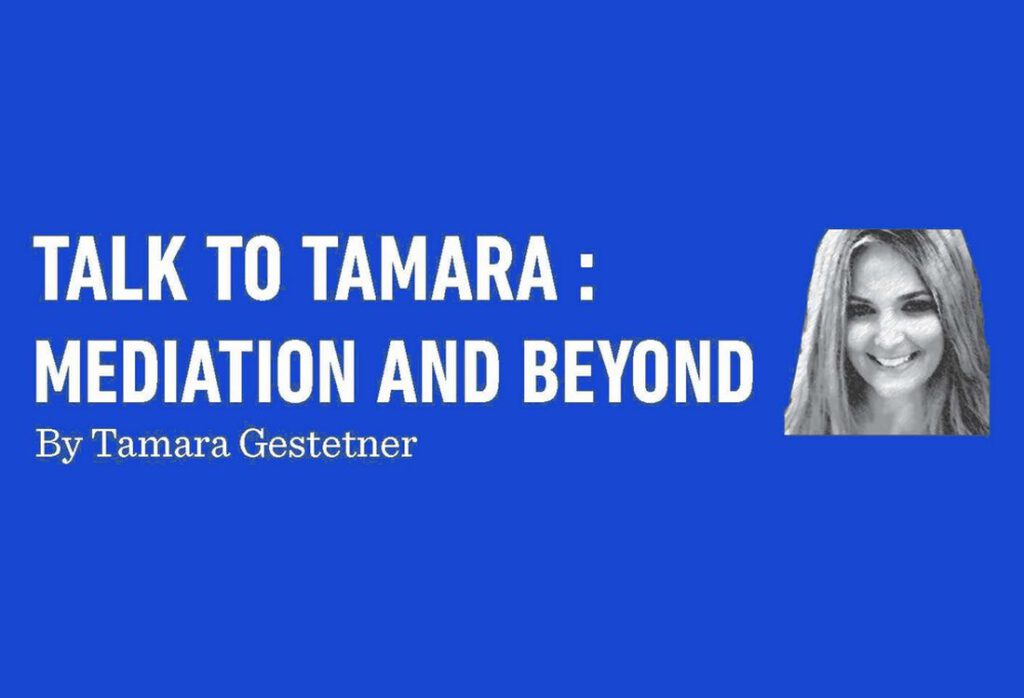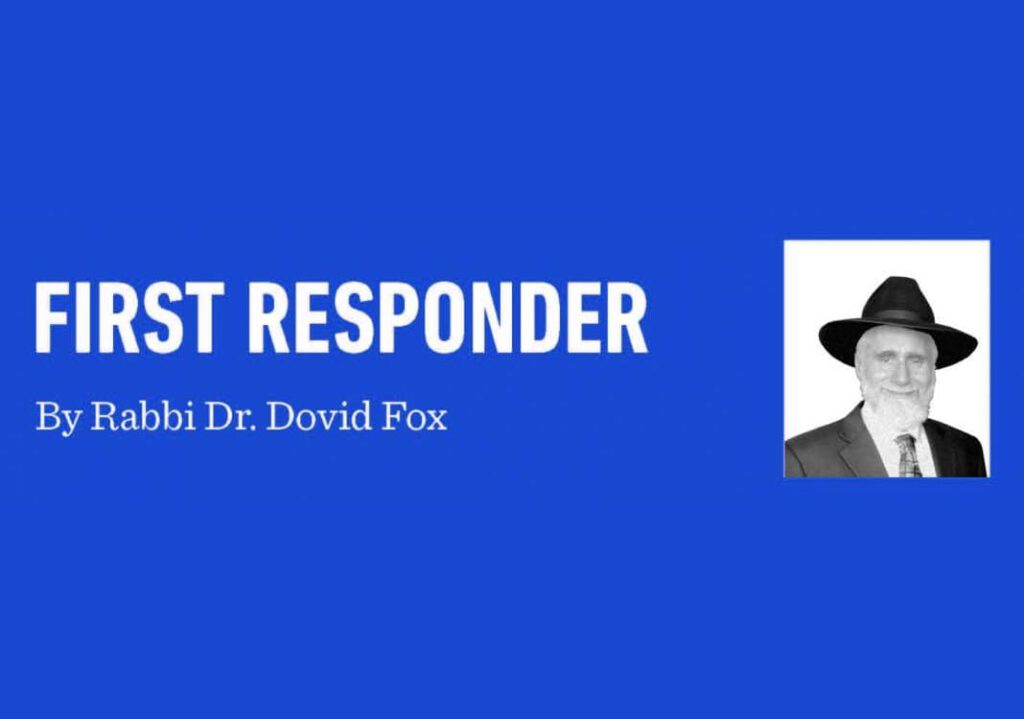Teshuvah: The Law Of Return
Over the years, I have spoken on the topic of “Trauma and Teshuvah,” which was originally a program sponsored by Nefesh, the Orthodox Mental Health Association of which I am a long-time board member. Following 9/11, Nefesh has held a yearly series on trauma and teshuvah during Elul.
I have been reflecting on this pairing of trauma and teshuvah. Many of us have learned that when troubling events occur in our lives, including the dreaded experience of trauma, we should use the trauma as a catalyst to seek closeness with Hashem through teshuvah.
Many of us understand that when yissurim (suffering) occurs in our lives, it is usually linked to onesh(punishment). That if bad times befall us, it must be because we have done something wrong. In light of these assumptions, trauma becomes a reason to engage in teshuvah, to express remorse for our wrongdoing and our resolve to make changes in our lifestyle to improve. That certainly is a way to pair trauma and teshuvah.
But when we comb the volumes of Torah literature, it seems that suffering sometimes occurs not necessarily as a punitive reaction from Above, but as an impetus for us to reflect on our life’s path and the status of our relationship with Hashem. In this case, teshuva is spurred not by a quest for penance or atonement, but as a tool for personal refinement of our values, our characters, and our spiritual goals.
In our remote history, the term ba’al teshuvah meant one who had mastered repentance, and it usually referred to a person who strayed from the path of his ancestors and heritage, veering off the path of Torah observance. For such an individual, teshuvah is a process of repentance, of returning to faith and fold. Later on, the term ba’al teshuvah began to refer to those individuals who were not raised with Torah observance and found their way to Orthodoxy later in life. Once we define teshuvah as the process of returning (which is its Hebrew root) a ba’al teshuvah is either one who returns to the place he originated (as in the case of frum-from-birth Jews who left the path of Orthodoxy), or one who returned from a non-frum upbringing back to the path of his ancestors.
But what about those who have not strayed from religious observance but want to feel closer to Hashem through increased observance and Torah-learning? In this case, an individual who seeks greater sanctity and purpose in life will undergo a process of teshuvah to connect to the Divine through increased Torah-learning and mitzvah observance. In other words, a person who seeks to cleanse, purify, and sanctify himself by returning to a higher essence of existence may also engage in teshuvah, although a very different form than that of the penitent or the neophyte.
It is possible for an individual to experience trauma or crisis due to poor choices. At such times, when something horrible happens, the individual finds himself in predicaments that go very wrong and result in deep scars of traumatization. In that case, the trauma is a result of something we created for ourselves. In Tehillim142:7, the verse states: “Save me from the things which pursue me for they are mightier than I…” I once saw in the writings of the rabbinic sage Rav Eliyahu Lopian that an alternative way of viewing this verse is “Save me from the things which pursue because I know that their power came from me.” This means that at times, the catastrophes that plague us were caused by our own poor choices and negligence. This does not mean that we blame a suffering individual for the impact of his poor choices. It would be cruel and heartless to do so. Our Sages criticize the acquaintances of Iyov (Job) for implying that his tragedy was his own fault (see chapter 4 there). But if the individual undergoes a process of introspection, or a cheshbon hanefesh (spiritual accounting), which is repentance-teshuvah, he can see the role he might have played in bringing the tragic consequences upon himself.
More commonly, traumatic events that beset us have little to do with our actions or deeds. When a person is victimized, abused, or affected by a disaster occurring around him, the yissurim may be vast, scarring him deeply, possibly forever, yet he was not guilty of any wrongdoing or negligence and did not do anything to deserve that pain and distress. A victim of trauma is not to be blamed. Why then, would this person need to do teshuvah? If he was an innocent victim or a survivor or witness to a traumatic event, what is the purpose of his teshuvah? No one blames the child, teen, or young adult who is a target of abuse or cruelty. Why then should he seek to do teshuvah?
In this case, his teshuvah becomes a source of healing. A trauma victim may undergo teshuvah as a therapeutic means of coping during his or her healing journey. Healing means restoring one’s stability, calming one’s nerves, discovering some meaning in what has occurred, and returning to adaptive functioning. This involves addressing the individual’s cognitive, emotional, behavioral, and physical recovery. For a Jewish person, healing can also propel him to examine and redefine his spirituality. Following trauma, people may struggle to reconcile their beliefs with what they experienced. Soul-searching and finding ways to feel connected to faith are another form of teshuvah, since they involve a revival of faith and spirit. That is the law of return.
Rabbi Dr. Dovid Fox is a forensic and clinical psychologist, and director of Chai Lifeline Crisis Services. To contact Chai Lifeline’s 24-hour crisis helpline, call 855-3-CRISIS or email [email protected]. Learn more at www.chailifeline.org/crisis.












